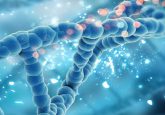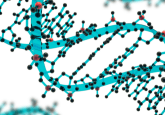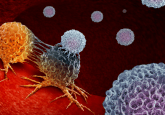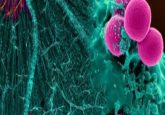Tumor mutational burden: evaluation using a comprehensive genomic profiling tool
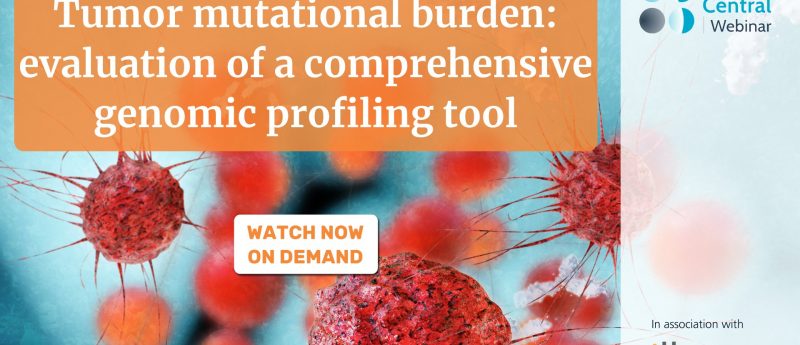
From early cancer immunotherapy studies using whole-exome sequencing, we learned that neoantigen accumulation and therefore tumor mutational burden (TMB) could be used as a key molecular biomarker. In recent years, amplicon-based approaches have been increasingly used for the detection of somatic mutations, however, for the comprehensive assessment of multiple genomic alterations in a single assay, an enrichment-based technology is required. The TruSight™ Oncology 500 (TSO500) assay was evaluated to measure TMB and microsatellite instability (MSI) and combined with TruSight™ Tumor 170 to detect RNA fusions using the same workflow. In our laboratory, the assay works well compared to other methods and shows good potential for adoption as a comprehensive genomic profiling tool.
What will you learn?
• Learn key benefits of using an enrichment-based next-generation sequencing (NGS) assay for assessment of multiple genomic alterations
• See results presented from early access evaluation of TruSight Oncology 500 assay
• Gain insights from an expert clinical research scientist using NGS in translational cancer research
Who may this interest?
• Translational cancer researchers
• Molecular pathologists
Speaker:
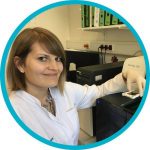
Carina Heydt, PhD, Senior Scientist, Institute of Pathology, University Hospital Cologne (Germany)
Carina Heydt, PhD is a senior scientist and NGS expert at the University Hospital Cologne, within the Department of Molecular Pathology Diagnostics at the Institute of Pathology and has been at the Institute for 8 years. After her studies in Germany and Scotland in Biomedical and Forensic Sciences, in 2015 she received her PhD from the University of Cologne in Molecular Pathology. Her current work is focused on Molecular Pathology and diagnostic tools for new biomarkers. She has been working on the development and implementation of NGS assays for the past 7 years.
For Research Use Only. Not for use in diagnostic procedures.
